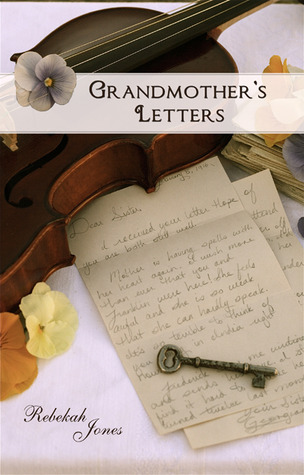Fortunately for you, I’m not going to list all the books I read and what I thought of them (if you truly are interested, you can find most of them on Goodreads); but I did think a top-15 list would be fun, although it was rather difficult to make. I’ve tried to put them in some semblance of order, according to how much I enjoyed them and how much they impacted and enriched me:
#15
Chucking College
Melanie Ellison
This book challenged me to grow as a person and define and pursue the education that will truly further my goals; it also made me glad that I made the decision to not attend college when I was younger.
#14
Traitor's Knife
Elizabeth Kaiser
This light fantasy novel, by someone I've gotten to know online, was a wonderful read. Miss Kaiser's writing is beautiful, her settings feel tangible, and the storyline has suspense and mystery. I really entered in!
#13
Let Go
edited letters of Fenelon
Fenelon was a 17th-century French theologian. I've seldom read in one little volume so many thought-provoking, perspective-changing words about surrendering to God.
#12
Persuasion
Jane Austen
This sweet story is one of my three favorite Austen novels. I enjoyed it the second time around this year and received inspiration for my own Regency novel.
#11
In Search of Adventure
Alicia Willis
This is a 2013 novel of the Middle Ages, also by someone I've gotten to know online. It was exciting and satisfying. I loved the historical setting and the spiritual lessons.
#10
The Seamstress
Seren Tuvel Bernstein
Mrs. Bernstein was a Romanian Jewish Holocaust survivor. Her story, like all Holocaust survivor's stories, was jaw-dropping-ly amazing, but her artistic style of narrative really captured me.
#9
Ivanhoe
Sir Walter Scott
Ivanhoe squeezed into the very end of this year. What a book! So many satisfying adventures, details, and well-drawn characters. I owe it a thorough review. Look for that soon.
#8
Once Upon a Time: On the Nature of Fairy Tales
Max Luthi
This intriguing book went into just what title describes: the nature of fairy tales. I learned much about the fairy tales, their history, (though, sadly, not their precise origins!) and storytelling, as well as much about the human mind.
#7
The Baronet's Song and The Shepherd's Castle
George MacDonald; edited by Michael Phillips
I don't consider myself to have cheated here. The two books are companions and are therefore inseparable, in my mind. They contained masterful, picturesque storytelling as well as beautiful spiritual truths. Scotland as the setting was also a plus!
#6
The Concealed Light
Tsvi Sadan
This was a unique and fascinating book. For each letter of the Hebrew alphabet, Mr. Ladan chose four or five names for the Messiah from Jewish literature and explains how they fit Yeshua. There are 22 letters, so that's a lot of names that, amazingly enough, accurately describe Yeshua!
#5
The Charity Diary Series
Elisabeth Allen
There are three sweet, affirming books in this series about a young Christian woman who lives with her homeschooling family in England. She learns many things about walking with God, and readers learn them with her. The loving sincerity of Miss Allen shines through her novels!
#4
Jane Austen's Letters
collected and edited by Deirdre Le Faye
I loved getting so many insights into one of my favorite author's life and times through her witty, personable letters. This volume is a treasure!
#3
Don Quixote
Miguel de Cervantes
Reading this landmark of western literature was an experience I'll never forget! While it was tedious on occasion, I'm so glad I persevered. It really enriched my literary life. Six months later, I'm still learning things about it!
#2
The Wanderer
Fanny Burney
What a ride! I loved the mystery, the characterization, the breadth and scope, the suspense, the philosophizing, and the meatiness of this early nineteenth-century novel. It was almost 900 pages long, but I never tired of it.
Drum roll, please!
#1
Tongue of the Prophets
Robert St. John
This was the most touching book for me of 2013. Written in the mid-twentieth-century, it's a biography of Eliezer Ben Yehuda, the amazing Jew who revived the Hebrew language, against all odds, in what was then called Palestine. He was an ardent Zionist and the task God used him for was just awe-inspiring.
2013 was the best year yet in my personal life; the Lord really revealed His hand in many instances. I am thankful to the point of tears for everything He's done. He is good!
What was your favorite book of 2013? What was your favorite part of 2013 in general?
a postcard from my great-grandmother's collection, postmarked 1911






